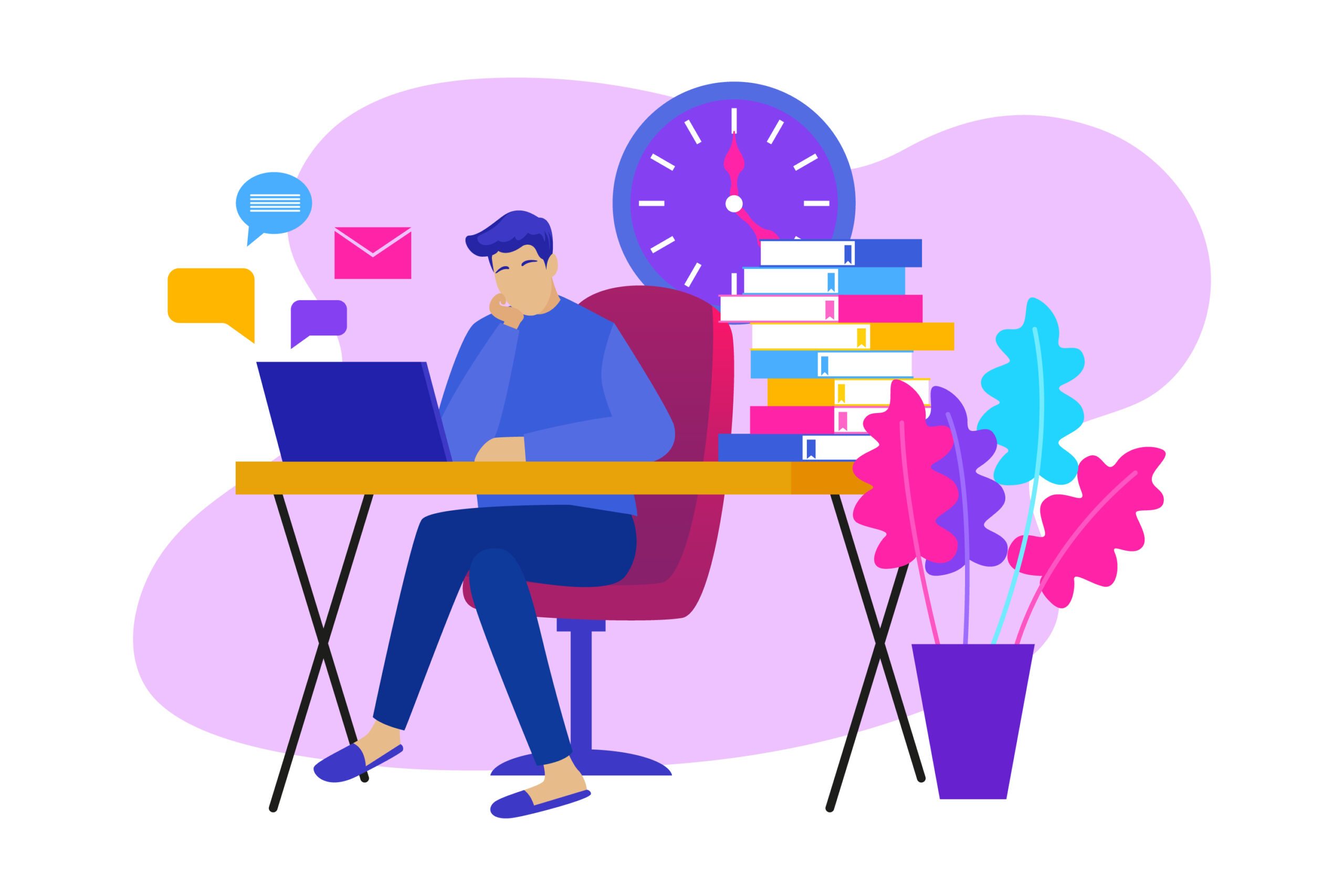Our 10 Tips to improve your exam concentration can help you improve your study routine. Learning is not always one of the best activities. Moreover, our brains seem ready to boycott us. They cooperate when focused on virtual games, but quickly become distracted when looking at textbooks before exams.
The solution to this challenge may lie in organizing and developing learning strategies to train our brains to be honest. Studying intensively will save you time and help you achieve satisfactory, high-quality results, no matter how many hours you study per day. That’s why we’ve listed 10 tips to help you stay focused. Try them all and see which one is right for you.
1. Reading and writing
Reading is simply not very efficient. Students can be easily distracted as the pages progress. So write! Create charts, jot down key parts, and organize summaries. People who write can absorb content better and retain it longer.
2. Write by hand
Now that people have fully adapted to computer keyboards, typing by hand can seem a little outdated or even cause laziness. However, studies have shown that when someone writes, judgment is formed and people pay more attention to what they write than when they write.
3. Remove obstacles

Study time should be sacred, so avoid anything that will distract you. If possible, turn off your phone or place it on a quiet, closed web page unrelated to what you’re studying and turn off the TV. Separate your study material and focus on it.
4. Mind mapping and the use of color
I’ve discussed the importance of this practice in a long thread, but it doesn’t include noting every important passage. Because that would mean writing a new book. Ideally, you would use schemas, called mind maps, which are summaries of information related to other people. And more: Use color. Colored arrows, highlighted words in different colors, and “attention boxes” that draw the student’s attention to specific highlighted information.
5. Study alone
Group study may seem interesting in terms of sharing knowledge, but it is better for students to choose to work alone at first. Finally, peer learning may be overlooked due to small talk and the quality of learning may be reduced. For teachers, it’s a good idea to explain your topic as if you were teaching a class.
6. Repetition of the material
There is no need to study the whole plan and look only at the end. The revision process should be continuous, so review what was covered in class that day. Also set aside a day on the weekend to review the week’s material and practice. This exercise will help your brain get used to the routine.
7. Organize your study space

Before starting the marathon, organize and separate everything: books, notebooks, pens, computers, etc. Studying in a familiar place can make you lose focus. Even finding a pen can distract you from other tasks.
8. Set a schedule and stick to your time
It is very important for students to have a study schedule, especially since this schedule matches their own learning pace. If you study with time and systematic content, you can achieve more efficient and better results. Randomized trials lead to poor concentration because you don’t follow a routine and your brain sees different things every day. In addition, it is important to respect your study time. It is better to study 3 hours a day with concentration than to study 6 hours without concentration.
9. Be physically healthy
Make sure you are physically fit when you start studying. Eat well and sleep well. Studying while awake or asleep is useless. It takes energy to function well. Regular physical activity is also helpful during this period.
10. Create “rituals” and remember the order of the day
Try a little ritual before you start studying each day, like putting a pitcher of water on the table or organizing your books based on what you’ve read that day. Sit back, take a deep breath, and think about all the content you have to watch, your study routine, and your workouts. That way your brain will learn that from this moment on it’s a lesson and not a game.”
